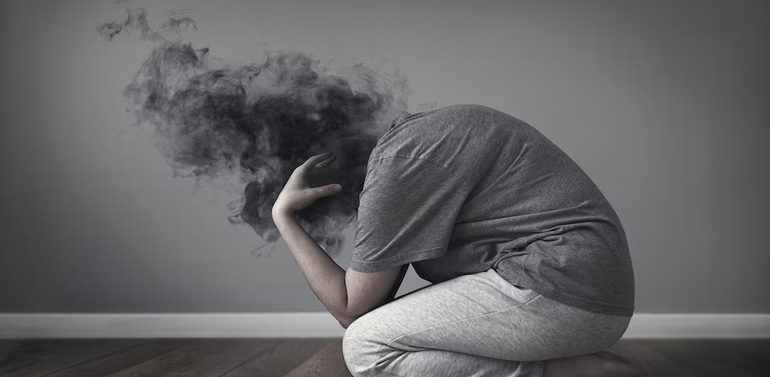Mental Disorder

24
Mar
Is Suicide A Mental Disorder?
Updated: Apr 1, 2022
NO!! Suicide is not a mental Disorder. It is a brain abnormality. Suicide is an outcome of defective coping strategies. It is a symptom and the manifestation of underlying mental issues. It is these symptoms that need medical and psychological care.
Is Depression The Only Cause Leading To Suicide?
No ! Depression is only a risk factor. Even though most suicides have been committed by people with depression, only about 15% of people diagnosed with any form of depression, commit suicide. About 50 % of them attempt it at least once. That is a large number. Mental illness is a risk factor for suicide and people with personality disorders ( having a disturbing experience in self ), other mood disorders, psychosis, substance abuse, etc have been known to attempt and complete suicide. A single episode of trauma or life event may NEVER be a cause for suicide.
Is Depression A Result Of Bad Choices, Aggression, Or Weakness?
Not really! Depression is not a choice or ‘temporary dramatic’ behavior. It is different from mere sadness and debilitates daily activities. Depression is a mood disorder that affects your thoughts, emotions, and behavior. The reasons can be genetic and non-genetic. Genetic components cause certain vulnerabilities and are significantly influenced by environmental factors. Neurological and psychological are the other elements. Depression alters neural circuit activity and hence makes them prone to maladaptive emotion regulation as well as a lack of problem-focused coping skills.
The Suicidal Brain!
The mind is a subtotal of the functions of the brain. There are umpteen neural networks in our brain and disruption in say, the frontal - limbic pathways ( only one of the networks) which is responsible for higher executive function- emotions could lead to a lack of impulse control, risk-taking behaviors, cognitive rigidity, poor executive functioning, and skewed decision-making skills that increase the tendency towards suicide. It could also lead to increased or ruminative negative thoughts and emotional dysregulation, thereby arousing suicidal ideation. There are two types of suicides—Impulsive and planned. While impulsive suicide is difficult to prevent, the planned one can mostly be prevented and help is given if identified at the right time. The biggest predictor of future or later suicidal behavior is a previous attempt.
Conclusion
When someone commits suicide, people always wonder ‘ why’. And this question does not get answered clearly in most cases. It also causes a cascading wall of self-blame and trauma for the surviving family and friends. In the world in general, India in specific, and Kerala taking the lead, we are grappling with a cause of death that is almost double any other cause like accidents or cancer. There is less talk about those who attempt suicide than those who have committed them. When distressing thoughts cloud one's ability to think clearly or affect their decision to pause or reload their thoughts, it increases their risk-taking behavior. They feel a sense of loss of control, therefore, making them resign to this hopelessness.
Displaced choices and self-doubt, mixed with feelings of isolation and self punitive tendencies lead them to disregard their life as useless and pointless. The signs are always present. Even amongst the many well-meaning, ‘bubbly’, seemingly happy’, achievers and high performers.
Awareness can heal and help educate about an organ that controls how we make sense of ourselves and the world. It’s important to know, accept and SEEK HELP!!!


Leave a Comment